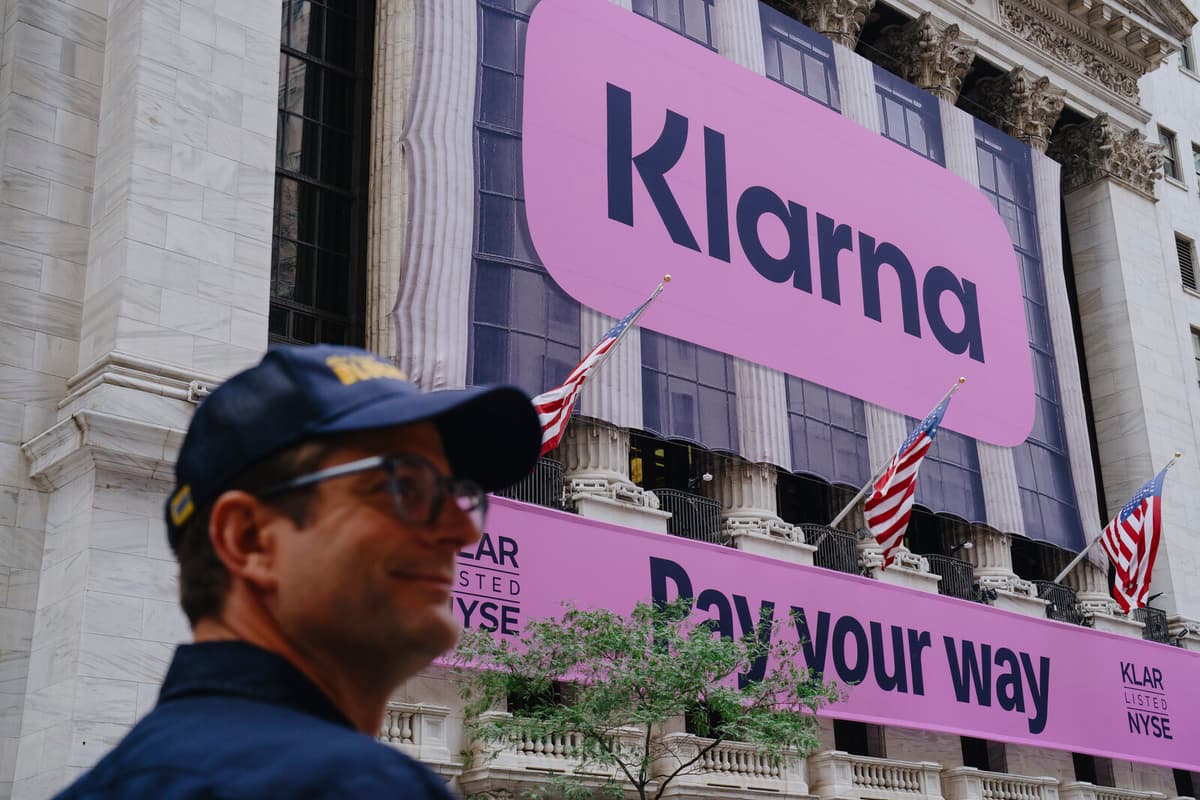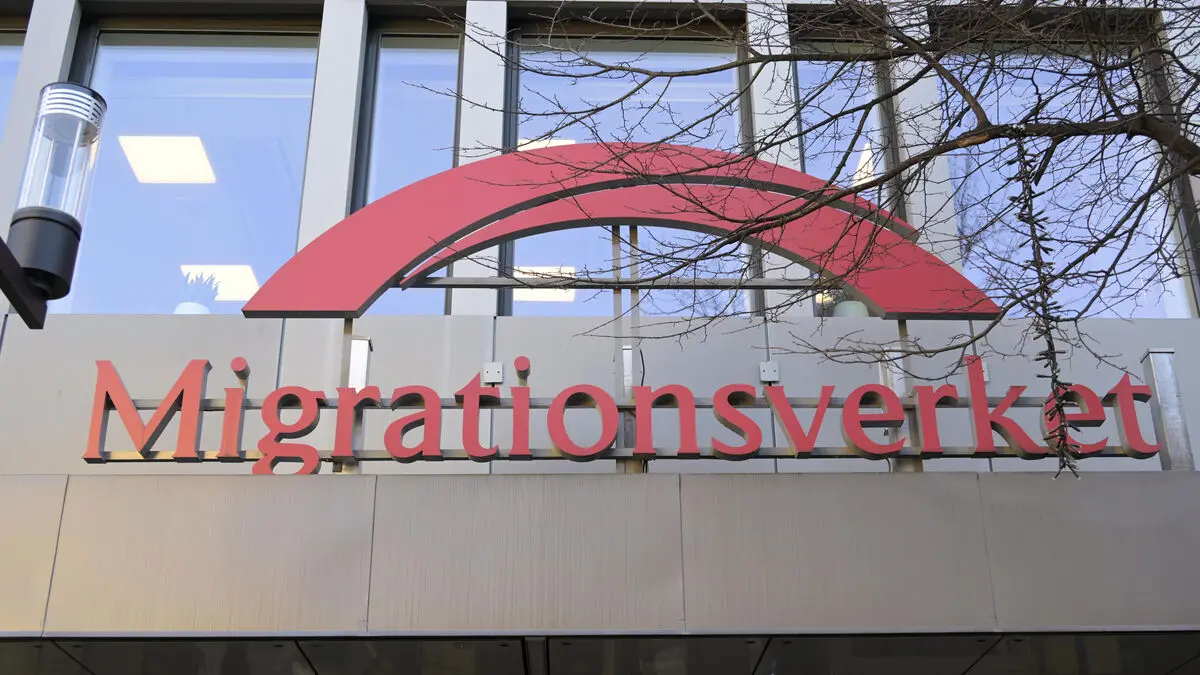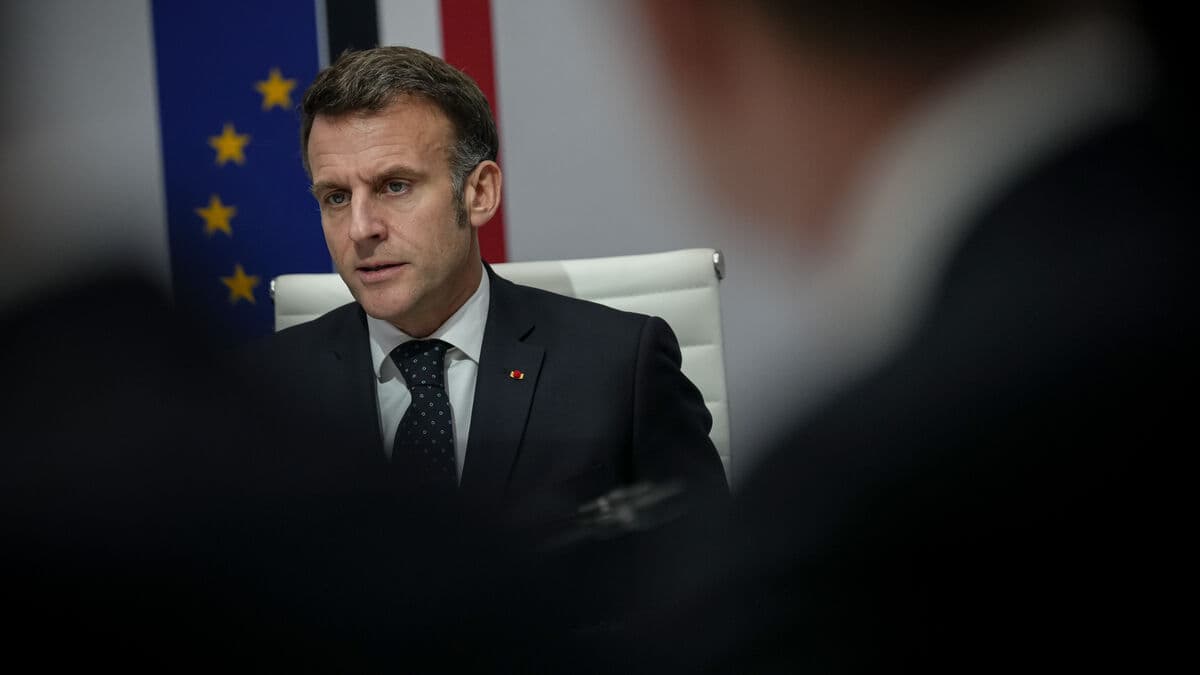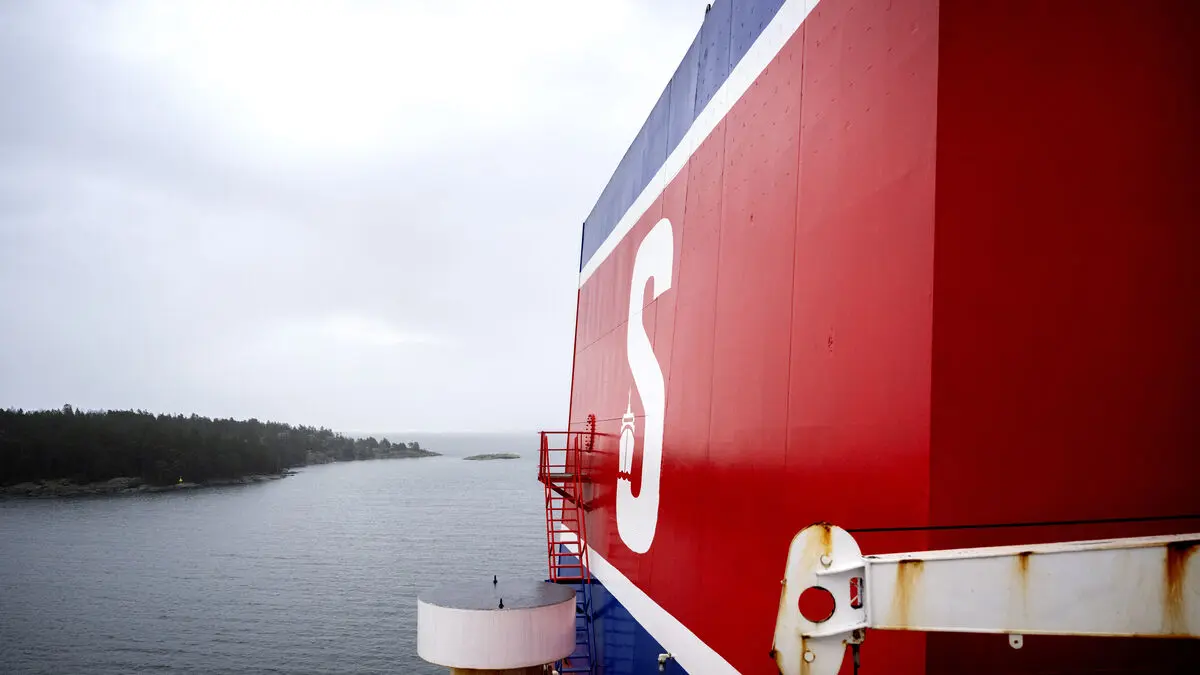Klarna's listing on the New York stock exchange is a milestone to realize the vision of really starting to challenge established consumer banks. Another crucial step is to seriously take on the major fintech companies Affirm in the USA and London-based Revolut on the European market.
We believe that the primary thing is to have many customers and be global. And that is our great strength: 111 million customers in Europe and the USA, says Sebastian Siemiatkowski.
”Then we will be three times larger”
The Nasdaq-listed Affirm's market value is currently approximately twice as large as Klarna's, despite Affirm only having 25 million customers. And Revolut, with perhaps 50 million customers, has recently been valued at around 75 billion dollars – that is, more than five times as much as Klarna's value in the listing.
The difference is that both companies are larger than Klarna in terms of sales. And they earn more money, says Siemiatkowski.
But Klarna's large number of consumers is a springboard, according to the Klarna CEO:
We are now shifting gears. It's about offering more services to these customers, he says and points to new offerings such as the Klarna card and new account solutions.
If we can get the same revenue per customer as Affirm and Revolut and we then have three times more customers – yes, then we will also be three times larger.
The fact that Klarna chose to list in New York and not Stockholm is primarily due to the fact that the owners are mainly foreign investors, according to Siemiatkowski.
Unfortunately, there were not many Swedes who invested in Klarna at an early stage. The only ones were the Bonnier family. Otherwise, the Swedes were very uninterested – both venture capitalists and the business community at large.
I'm not saying that because I'm bitter, but because it's a fact. There was no interest and no trust.
Ingvar Kamprad as a role model
Another factor is that Klarna's three largest markets are the USA, Germany, and the UK.
Sweden is only fourth.
The price tag on Klarna in Wednesday's listing – which ended at just over 140 billion kronor – is not a crucial issue for Siemiatkowski.
Of course, it feels very fun. But I think it's more for the other shareholders than for me personally. I'm not selling. And I hope to continue working with this for many decades.
He instead describes Klarna as ”a life's work” and a continued exciting challenge and points out Ikea's Ingvar Kamprad and the American Sam Walton, who created the retail empire Walmart, as his great historical role models.
To small investors and fund managers who are hesitant about the stock, he says:
Each person must create their own opinion about what they want to do. I can only speak for myself as an owner and I have not sold a single share and I continue to have great confidence in this.






